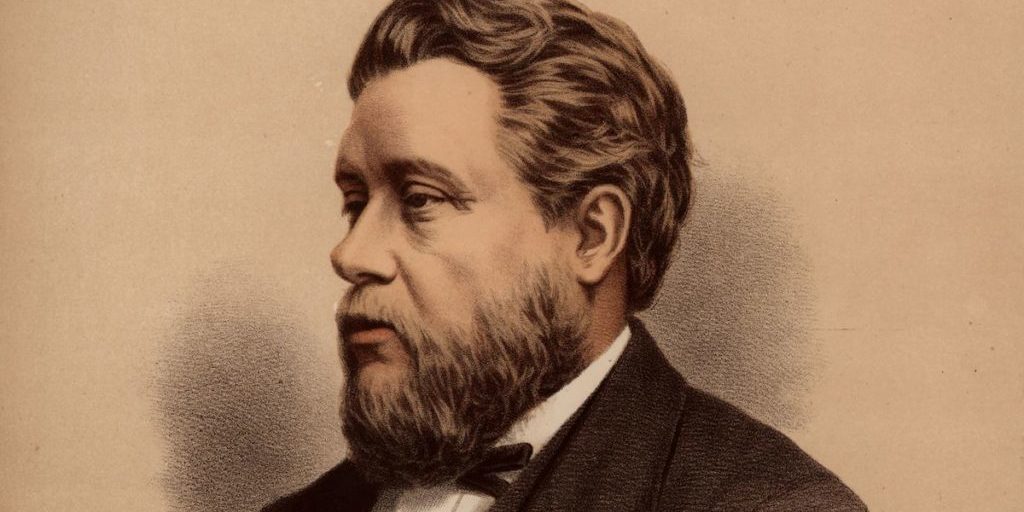
Our Aims and Intentions: The Sword, the Trowel, and Credo Magazine
Charles Spurgeon’s schedule is legendary. He pastored the largest protestant church in the world, started 66 parachurch ministries,[1] and remains the most published English-speaking Christian of all time. What is often overlooked, however, is his magazine – The Sword and the Trowel. Beginning in 1865, the Metropolitan Tabernacle released a monthly publication concerning matters of orthodoxy and orthopraxy. The Sword and the Trowel allowed its readers to receive the most recent updates related to the Pastors’ College and the Stockwell Orphanage. The publication served as an institutional megaphone and enlarged the already expansive influence which Spurgeon could exert for the advancement of the Kingdom of God.
On the first page of the first edition Spurgeon outlined the magazine’s aims and intentions. In many ways, his aspirations are shared by the editorial staff of Credo Magazine. It is the goal of Credo to invite likeminded Christians to supplement the work of the local Church so that Credo may “arouse believers to action, and to suggest to them plans by which the kingdom of Jesus may be extended.” As Spurgeon said, “Our friends are so numerous as to be able to maintain a Magazine, and so earnest as to require one.” In light of our shared convictions, the article is presented below in its entirety in hopes that more readers and contributors may embrace the vision of The Sword and the Trowel and, as a modern-day sister publication, Credo Magazine.
The article reads as follows:
The Sword and the Trowel
January, 1865
“Our Aims and Intentions”
When Israel Sojourned in the wilderness, all the people pitched their tents about the ark of the Lord, and made the holy place their common centre; yet each tribe was distinguished by its own banner, and marched under the conduct of its own chiefs. Even so in the Church of God, our Lord Jesus and the common salvation are the central point about which believers gather, but the standards of peculiar associations of Christians cannot well be dispensed with. We feel that we need to uplift a banner because of the truth, and with hopeful heart we do so this day.
Our Magazine is intended to report the efforts of those Churches and Associations, which are more or less intimately connected with the Lord’s work at the Metropolitan Tabernacle, and to advocate those views of doctrine and Church order which are most certainly received among us. It will address itself to those faithful friends scattered everywhere, who are our well-wishers and supporters in our work of faith and labour of love. We feel the want of some organ of communication in which our many plans for God’s glory may be brought before believers, and commended to their aid. Our friends are so numerous as to be able to maintain a Magazine, and so earnest as to require one. Our monthly message will be a supplement to our weekly sermon and will enable us to say many things which would be out of place in a discourse. It will inform the general Christian public of our movements, and show our sympathy with all that is good throughout the entire Church of God. It will give us an opportunity of urging the claims of Christ’s cause, of advocating the revival of godliness, of denouncing error, of bearing witness for truth, and of encouraging the labourers in the Lord’s vineyard.
We do not pretend to be unsectarian, if by this be meant the absence of all distinctive principles, and a desire to please parties of all shades of opinion. We believe and therefore speak. We speak in love, but not in soft words and trimming sentences. We shall not court controversy, but we shall not shun it when the cause of God demands it. We would ply the Trowel with untiring hand for the building up of Jerusalem’s dilapidated walls, and wield the Sword with vigour and valour against the enemies of the truth. Click To Tweet
The many ministers who were students in our College will be our helpers in maintain a variety and freshness of matter, and their flocks, we trust, will receive a blessing through their stirring words. It is our first and last object to do practical service, and to excite others to active exertion.
We shall supply interesting reading upon general topics, but our chief aim will be to arouse believers to action, and to suggest to them plans by which the kingdom of Jesus may be extended. To widen the bounds of Zion and gather together the outcasts of Israel is our heart’s desire. We would sound the trumpet, and lead our comrades to the fight. We would ply the Trowel with untiring hand for the building up of Jerusalem’s dilapidated walls, and wield the Sword with vigour and valour against the enemies of the truth.
We shall issue two one-paged tracts each month, suitable for general distribution, and so cheap as to be readily purchasable in large quantities. We shall supply outlines of sermons and Sabbath-school addresses. We shall give suggestions as to methods of usefulness, and shall labour to assist all the workers in the Master’s vineyard by every means in our power. May the Lord of Hosts crown our efforts with success![2]
[1] C. H. Spurgeon, ed., Sword and Trowel; A Record of Combat with Sin & Labour for the Lord. 37 Vols. (London: Passmore and Alabaster, 1865-1902), July 1884:373 (see also, Marianne Farningham, Spurgeon: The People’s Preacher [London: Walter Scott Publishing Co., n.d.], 251-52).
[2] ST, “Our Aims and Intentions,” January 1865 1:1-2.

